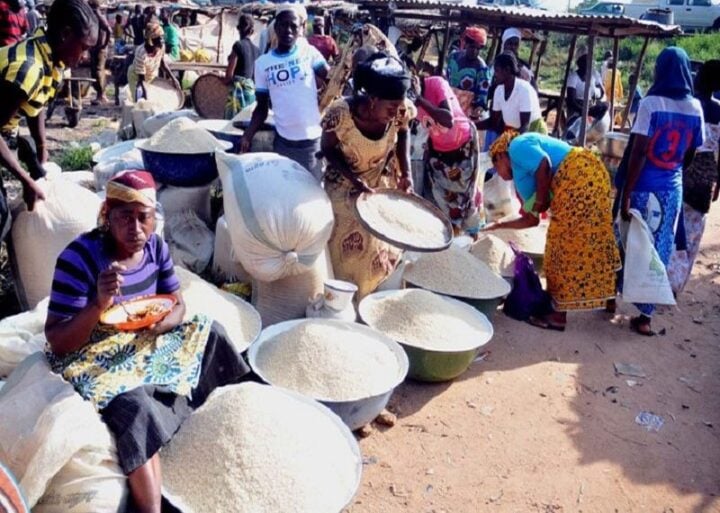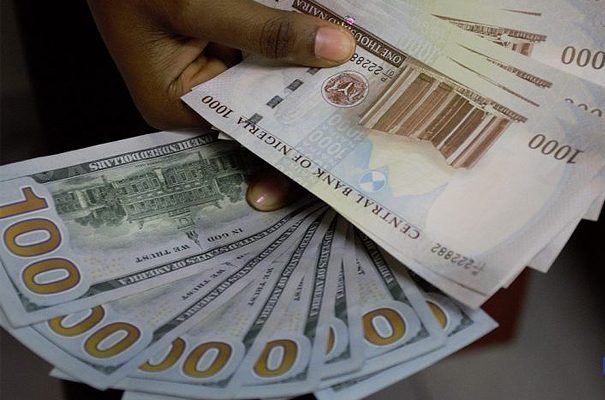A new report by SBM Intelligence, a geopolitical research firm, says the prices of food items have risen by a factor of 4.25 in more than 12 years — further worsening already cash-strapped consumers who are battling with sluggish economic growth and rising unemployment rate.
In its latest weekly report, SBM Intelligence said no material change would occur in the lives of many Nigerians if the costs of all times are astronomically high.
In March 2021, Nigeria’s food inflation at 22.8 percent — rose the fastest in 15 years. It, however, slowed to 21.83 percent in June compared to 22.28 percent in May 2021.
This implies that food prices continued to surge in June 2021 — but at a slightly slower rate than May 2021. This was largely driven by increases in prices of bread and cereals, potatoes, yam and other tubers, milk, cheese and eggs, fish, soft drinks, vegetables, oils and fats and meat.
Advertisement
The report also added that if food items are isolated, increases can be as high as a factor of 5.
“This means that a loaf of bread at N100 in 2009 costs N500 today, which is precisely the cost of a loaf of bread in many places in urban areas,” the report said.
“This increase is also seen in non-food items.
Advertisement
“An Apple iPad cost ₦59,000 in 2011, but now costs nearly ₦500,000. A used Toyota Corolla cost around ₦650,000 in 2011 but now costs over ₦2.5 million.
“Some of these increases are driven by the decline of the Naira against the Dollar, which has gone from ₦145/USD in January 2009 to over ₦400 today at official rates, depreciation of 180%.
“In summary, no material change in the lives of many is possible when the total cost of all items in an economy goes up by an average of 326% in 12 and a half years,” SBM Intel added.
Last month, SBM said 40 percent of Nigerians living below the poverty line reduced the number of meals and food quality in the second quarter (Q2) of 2021 due to a rise in food prices.
Advertisement
In its “Jollof Index Q2 2021: Food Prices Enter Geostationary Orbit,” the firm had ascribed the increases to pastoral conflict, lack of proper storage facilities, volatile oil prices, climate change, the rising cost of energy and logistics, stifling government policies, natural disasters, COVID-19 pandemic, and currency devaluation.
Meanwhile in May 2021, TheCable also conducted a market survey on the prices of major food items with finding showing that food prices have spiked.
Advertisement
Add a comment






